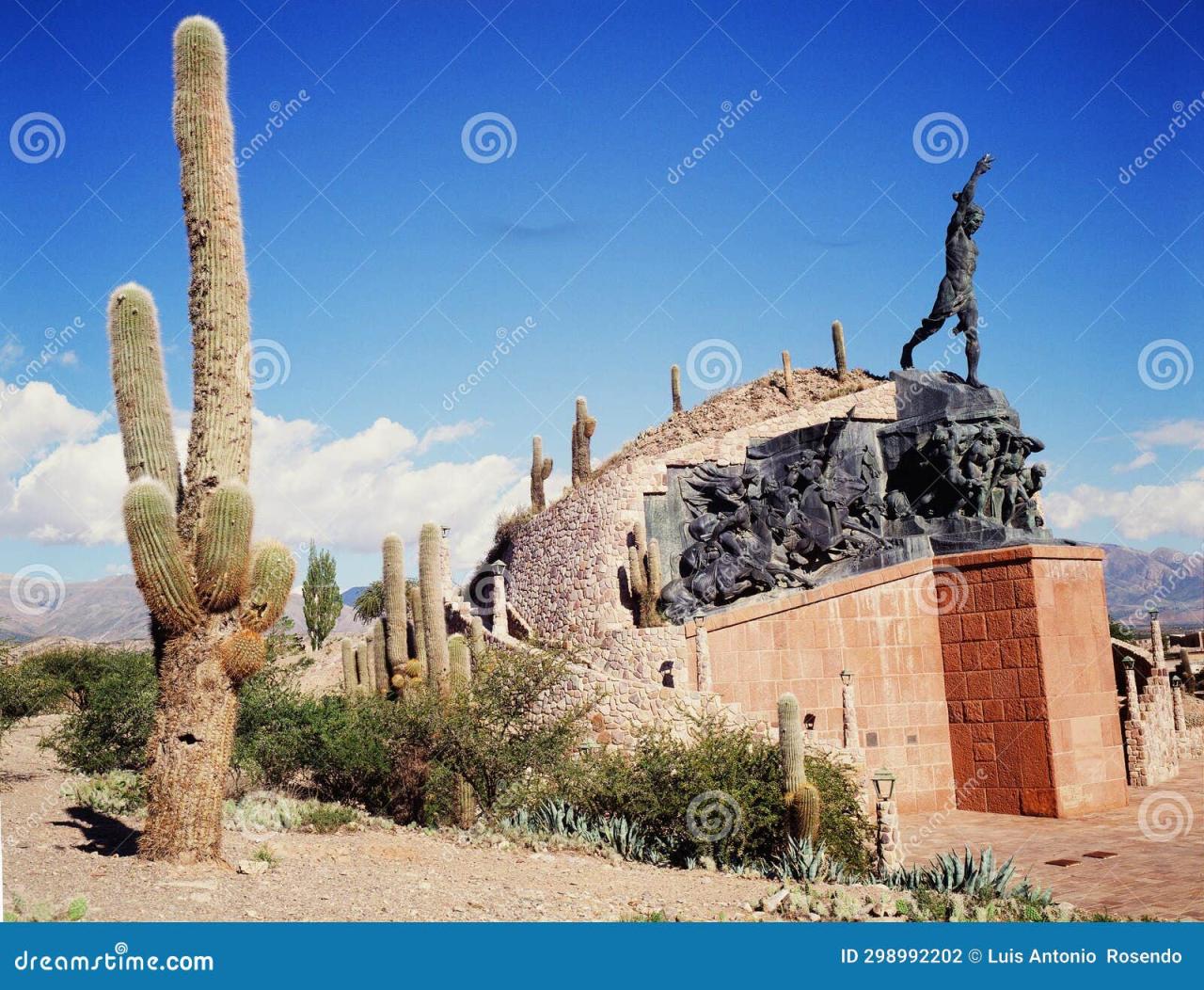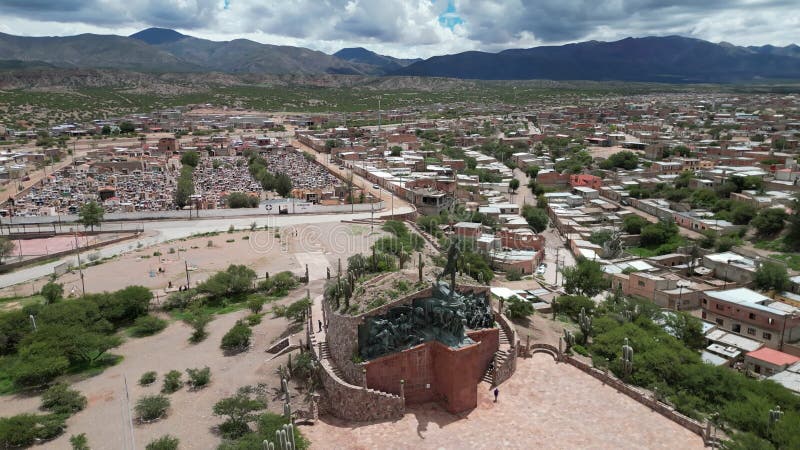The Story of Independence: Heroes and Their Legacy – The Story of Independence Heroes and Their Legacy sets the stage for an exploration of the remarkable individuals who shaped the course of history through their courage and determination. This narrative invites readers to delve into the lives of these heroes, examining their motivations, struggles, and the lasting impact of their actions on the quest for freedom and justice.
From the foundational moments of independence movements to the ongoing influence of these legends, this overview provides a glimpse into the complexities of their journeys. It highlights the cultural and historical significance of their contributions, reminding us of the sacrifices made in the name of liberty and the legacies that continue to inspire generations.
Welcome to the world of anthropology, a fascinating field dedicated to understanding the complexities of human behavior, cultures, and societies. If you’ve ever wondered what makes us human, how our myriad cultures have formed, and the ways in which we interact with one another across time and space, you’re in the right place. In this post, we’ll dive into the intriguing aspects of anthropology, sharing insights and stories that make this discipline both enriching and enjoyable.

What is Anthropology?
At its core, anthropology is the study of humans—our origins, development, and the diverse ways we express ourselves. This field is often divided into four main branches: cultural anthropology, archaeological anthropology, biological anthropology, and linguistic anthropology. Each of these branches offers a unique lens through which to examine human life, providing a holistic view of what it means to be human.
Cultural Anthropology: Understanding Societies
Cultural anthropologists explore the social lives of communities and the cultural norms that shape their behaviors. By immersing themselves in different cultures—often through fieldwork that requires living within communities for extended periods—they gain insights into rituals, beliefs, and everyday practices. For instance, consider the fascinating ritual of the Day of the Dead celebrated in Mexico. This vibrant festival is a celebration of life and death, where families come together to honor their deceased loved ones, demonstrating the deep cultural significance of memory and familial bonds.
Through participant observation, cultural anthropologists gather data that helps us understand the myriad ways people navigate their lives. They may investigate topics such as marriage customs, gender roles, or even the impact of globalization on local traditions. The findings can be surprising; what might seem like a trivial aspect of a culture can reveal profound truths about human nature and social organization.
Archaeological Anthropology: Unearthing the Past: The Story Of Independence: Heroes And Their Legacy
Archaeological anthropology focuses on the remnants of past societies, utilizing material artifacts to reconstruct histories and understand cultural evolution. Archaeologists dig through layers of soil, unearthing tools, pottery, and structures that tell stories of human life long before written records existed. Imagine discovering an ancient civilization’s ruins, piecing together how they lived, what they worshiped, and how they interacted with their environment.
One of the most famous archaeological sites is Machu Picchu in Peru, an Incan citadel set high in the Andes Mountains. Its discovery in the early 20th century revealed not only the architectural prowess of the Incas but also their agricultural innovations. By studying such sites, archaeologists help us grasp the complexities of human adaptation to changing environments over millennia.
Biological Anthropology: The Science of Humanity
Biological anthropology (or physical anthropology) delves into the biological and physiological aspects of humans. This branch examines human evolution, genetics, and the relationship between biology and culture. For example, understanding how our ancestors adapted to different environments can illuminate why certain traits are prevalent in specific populations today.
Research in this area often involves studying human fossils, examining primate behavior, and exploring genetic diversity. Insights gained from biological anthropology not only help us trace our evolutionary lineage but also inform contemporary issues, such as health disparities and the impacts of climate change on human biology.
Linguistic Anthropology: The Power of Language
Linguistic anthropology investigates the intricate relationship between language and culture. Language is more than just a means of communication; it shapes our thoughts, influences social interactions, and even reflects cultural values. Linguistic anthropologists study dialects, language change, and the way people use language in social contexts.
Consider the way slang evolves within different communities or how certain phrases can hold significant meaning. For instance, Indigenous languages often contain unique words that encapsulate concepts and experiences central to their cultures, which may not have direct translations in other languages. By studying these nuances, linguistic anthropologists highlight the importance of language in preserving cultural identity.
Why Anthropology Matters
In our rapidly changing world, anthropology offers valuable perspectives on pressing global issues. Whether it’s understanding cultural conflicts, addressing climate change, or promoting social justice, anthropologists provide insights that can inform policies and foster empathy. By emphasizing the interconnectedness of human experiences, anthropology encourages us to appreciate diversity and recognize our shared humanity.
For example, anthropologists have played crucial roles in advocating for Indigenous rights, ensuring that the voices of marginalized communities are heard in discussions about land use and cultural preservation. Through their work, they challenge dominant narratives and highlight the importance of recognizing and respecting different ways of life.
Engaging with Anthropology: How You Can Explore
If you’re intrigued by anthropology, there are many ways to engage with this field. Start by reading ethnographies—books that offer in-depth accounts of specific cultures. Consider watching documentaries that explore anthropological topics or even taking online courses in anthropology to dive deeper into the subject. Visiting museums and cultural heritage sites can also provide tangible connections to the past and present cultures.
Another exciting way to engage with anthropology is through travel. If you have the opportunity to visit different countries, take the time to learn about the local customs and traditions. Participate in cultural exchanges, attend local festivals, and talk to residents about their lives. These experiences can enrich your understanding of global diversity and foster a sense of appreciation for the myriad ways in which people live and thrive.
Conclusion: The Journey Continues
As we continue to navigate the complexities of the modern world, anthropology remains a vital field that offers insights into the human experience. From understanding cultural practices to unearthing our historical roots, anthropology helps us appreciate the rich tapestry of life that binds us all. So, whether you’re a seasoned anthropologist or a curious newcomer, there’s always something new to discover in this ever-evolving journey of exploring what it means to be human.
Clarifying Questions
What defines a hero in the context of independence?
A hero in the context of independence is often characterized by their selflessness, bravery, and willingness to fight for the rights and freedoms of others.
How have heroes of independence influenced modern society?
These heroes have set precedents for civil rights, inspiring movements around the world that advocate for justice, equality, and freedom.
Are there lesser-known heroes of independence worth exploring?
Absolutely! Many unsung heroes played crucial roles in independence movements, often overlooked in mainstream narratives, whose stories deserve recognition.
What role does culture play in the legacy of independence heroes?

Cultural narratives often shape the way heroes are remembered, influencing how their stories are told and celebrated within communities.
How can we continue to honor the legacies of these heroes today?
We can honor their legacies by promoting education about their stories, advocating for the values they stood for, and participating in civic engagement efforts.
Tinggalkan Balasan